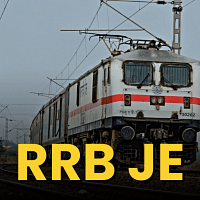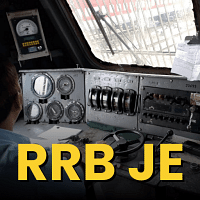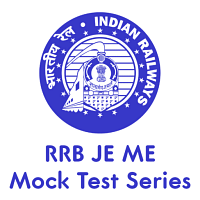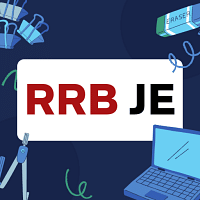Railways Exam > Railways Questions > The burning of paper is an example of which t...
Start Learning for Free
The burning of paper is an example of which type of reaction?
- a)Physical reaction
- b)Chemical reaction
- c)Both physical and chemical reaction
- d)No option is correct
Correct answer is option 'B'. Can you explain this answer?
| FREE This question is part of | Download PDF Attempt this Test |
Verified Answer
The burning of paper is an example of which type of reaction?a)Physica...
- The burning of paper is an example of a chemical reaction because when it is burnt, it combines with oxygen to form smoke and ash. A chemical reaction is one that changes the chemical properties of a substance and gives off a new substance.
- A physical reaction is that which occurs when a physical change is produced through a molecular arrangement of molecules.

|
Explore Courses for Railways exam
|

|
Similar Railways Doubts
The burning of paper is an example of which type of reaction?a)Physical reactionb)Chemical reactionc)Both physical and chemical reactiond)No option is correctCorrect answer is option 'B'. Can you explain this answer?
Question Description
The burning of paper is an example of which type of reaction?a)Physical reactionb)Chemical reactionc)Both physical and chemical reactiond)No option is correctCorrect answer is option 'B'. Can you explain this answer? for Railways 2024 is part of Railways preparation. The Question and answers have been prepared according to the Railways exam syllabus. Information about The burning of paper is an example of which type of reaction?a)Physical reactionb)Chemical reactionc)Both physical and chemical reactiond)No option is correctCorrect answer is option 'B'. Can you explain this answer? covers all topics & solutions for Railways 2024 Exam. Find important definitions, questions, meanings, examples, exercises and tests below for The burning of paper is an example of which type of reaction?a)Physical reactionb)Chemical reactionc)Both physical and chemical reactiond)No option is correctCorrect answer is option 'B'. Can you explain this answer?.
The burning of paper is an example of which type of reaction?a)Physical reactionb)Chemical reactionc)Both physical and chemical reactiond)No option is correctCorrect answer is option 'B'. Can you explain this answer? for Railways 2024 is part of Railways preparation. The Question and answers have been prepared according to the Railways exam syllabus. Information about The burning of paper is an example of which type of reaction?a)Physical reactionb)Chemical reactionc)Both physical and chemical reactiond)No option is correctCorrect answer is option 'B'. Can you explain this answer? covers all topics & solutions for Railways 2024 Exam. Find important definitions, questions, meanings, examples, exercises and tests below for The burning of paper is an example of which type of reaction?a)Physical reactionb)Chemical reactionc)Both physical and chemical reactiond)No option is correctCorrect answer is option 'B'. Can you explain this answer?.
Solutions for The burning of paper is an example of which type of reaction?a)Physical reactionb)Chemical reactionc)Both physical and chemical reactiond)No option is correctCorrect answer is option 'B'. Can you explain this answer? in English & in Hindi are available as part of our courses for Railways.
Download more important topics, notes, lectures and mock test series for Railways Exam by signing up for free.
Here you can find the meaning of The burning of paper is an example of which type of reaction?a)Physical reactionb)Chemical reactionc)Both physical and chemical reactiond)No option is correctCorrect answer is option 'B'. Can you explain this answer? defined & explained in the simplest way possible. Besides giving the explanation of
The burning of paper is an example of which type of reaction?a)Physical reactionb)Chemical reactionc)Both physical and chemical reactiond)No option is correctCorrect answer is option 'B'. Can you explain this answer?, a detailed solution for The burning of paper is an example of which type of reaction?a)Physical reactionb)Chemical reactionc)Both physical and chemical reactiond)No option is correctCorrect answer is option 'B'. Can you explain this answer? has been provided alongside types of The burning of paper is an example of which type of reaction?a)Physical reactionb)Chemical reactionc)Both physical and chemical reactiond)No option is correctCorrect answer is option 'B'. Can you explain this answer? theory, EduRev gives you an
ample number of questions to practice The burning of paper is an example of which type of reaction?a)Physical reactionb)Chemical reactionc)Both physical and chemical reactiond)No option is correctCorrect answer is option 'B'. Can you explain this answer? tests, examples and also practice Railways tests.

|
Explore Courses for Railways exam
|

|
Suggested Free Tests
Signup for Free!
Signup to see your scores go up within 7 days! Learn & Practice with 1000+ FREE Notes, Videos & Tests.























